Tiovert Inhaler 200 mdi
MRP ₹598
(Inclusive of all Taxes)
₹89.7 Cashback (15%)
Provide Delivery Location
Online payment accepted
 Prescription drug
Prescription drugWhats That
Composition :
Manufacturer/Marketer :
Consume Type :
Expires on or after :
Return Policy :
About Tiovert Inhaler 200 mdi
Tiovert Inhaler 200 mdi belongs to the group of anti-asthmatic medicines called bronchodilators used to treat asthma and Chronic Obstructive Pulmonary Disease (COPD). Asthma is a chronic (long-term) respiratory condition in which airways narrow, swell and produce extra mucus, leading to difficulty breathing. COPD is a group of lung diseases with emphysema (shortness of breath) and chronic bronchitis (inflammation of the lining of bronchial tubes).
Tiovert Inhaler 200 mdi contains ‘Tiotropium’ which works by blocking the receptors for acetylcholine which are released in the cholinergic nerve endings in the airways. Tiovert Inhaler 200 mdi relaxes and widens the airway's openings, making it easier for the air to get in and out of the lungs. Thereby, provides relief from asthma and COPD.
Tiovert Inhaler 200 mdi is meant for inhalation only; do not swallow Tiovert Inhaler 200 mdi. You are advised to use Tiovert Inhaler 200 mdi for as long as your doctor has prescribed it for you depending on your medical condition. In some cases, you may experience certain common side-effects such as dry mouth, stomach upset, constipation, blurred vision, chest pain and cold symptoms. Most of these side-effects do not require medical attention and will resolve gradually over time. However, you are advised to talk to your doctor if you experience these side-effects persistently.
Please do not stop taking Tiovert Inhaler 200 mdi on your own as it might cause worsening of symptoms. Consult your doctor before taking Tiovert Inhaler 200 mdi if you are pregnant or breastfeeding. Tiovert Inhaler 200 mdi may cause dizziness, so drive with caution. Avoid consuming alcohol as it might cause increased dizziness. Tiovert Inhaler 200 mdi is not recommended for children below 6years as the safety and effectiveness have not been established. Keep your doctor informed about your health condition and the medicines you are taking to avoid unpleasant side-effects.
Uses of Tiovert Inhaler 200 mdi
Directions for Use
Key Benefits
Tiovert Inhaler 200 mdi belongs to the group of anti-asthmatic medicines called bronchodilators used to treat asthma and Chronic Obstructive Pulmonary Disease (COPD). Tiovert Inhaler 200 mdi works by blocking the receptors for acetylcholine which are released in the cholinergic nerve endings in the airways. Tiovert Inhaler 200 mdi relaxes and widens the airway's openings, making it easier for the air to get in and out of the lungs. Thereby helps in treating asthma and COPD. Regular use of Tiovert Inhaler 200 mdi can help with ongoing shortness of breath related to diseases like asthma. Daily use of Tiovert Inhaler 200 mdi can also help prevent sudden, short-term worsening of COPD symptoms that might last for several days. Tiovert Inhaler 200 mdi is also used as an adjunct to other medicines to treat asthma.
Storage
- Inform your doctor about the symptoms you're experiencing due to medication.
- Your doctor may adjust your treatment plan, which could include changing your medication, adding new medications, or offering advice on managing your symptoms.
- Practice good hygiene, including frequent handwashing, avoiding close contact with others, and avoiding sharing utensils or personal items.
- Stay hydrated by drinking plenty of fluids to help loosen and clear mucus from your nose, throat, and airways.
- Get plenty of rest and engage in stress-reducing activities to help your body recover. If your symptoms don't subside or worsen, consult your doctor for further guidance.
- Inform your doctor about dry mouth symptoms. They may adjust your medication regimen or prescribe additional medications to manage symptoms.
- Drink plenty of water throughout the day to help keep your mouth moist and alleviate dry mouth symptoms.
- Chew sugar-free gum or candies to increase saliva production and keep your mouth moisturized.
- Use saliva substitutes, such as mouthwashes or sprays, only if your doctor advises them to help moisturize your mouth and alleviate dry mouth symptoms.
- Avoid consuming smoking, alcohol, spicy or acidic foods, and other irritants that may aggravate dry mouth symptoms.
- Schedule regular dental check-ups to keep track of your oral health and handle any dry mouth issues as they arise.
- Consult your doctor if you experience symptoms of sinusitis, such as nasal congestion, facial pain, or headaches, which may be triggered by your medication.
- Your doctor may adjust your treatment plan by changing your medication, adding new medications, or providing guidance on managing your sinusitis symptoms.
- Practice good hygiene, including frequent handwashing, avoiding close contact with others, and avoiding sharing utensils or personal items.
- If your doctor advises, you can use nasal decongestants or saline nasal sprays to help relieve nasal congestion and sinus pressure.
- To help your body recover, get plenty of rest, stay hydrated, and engage in stress-reducing activities. If your symptoms persist or worsen, consult your doctor for further guidance.
- Drink water or other clear fluids.
- To prevent worsening of pain, limit intake of tea, coffee, or alcohol.
- Include bland foods like rice, toast, crackers, and rice in your diet.
- Avoid lying down immediately after eating as it may cause indigestion or heartburn.
- Avoid acidic and spicy food as it may cause indigestion.
- Eating foods high in vitamins C (like oranges, peppers, and tomatoes) and E (like peanuts, spinach, and broccoli) may help protect your eyes from cataracts or slow them down.
- Quit smoking and cut back on alcohol.
- Wear sunglasses when you are outside to protect your eyes from the sun.
- Keep your blood sugar under control, because high blood sugar can cause changes in the eye lens that lead to cataracts.
- Have regular eye checkups to catch any problems early.
- Inform your doctor about your constipation symptoms. They may adjust your medication or advise alternative treatments.
- Stay hydrated by drinking sufficient of water (at least 8-10 glasses a day) to help soften stool and promote bowel movements.
- Increase fibre intake by eating foods high in fibre, such as fruits, whole grains, vegetables and legumes, to help bulk up the stool.
- Establish a bowel routine by trying to go to the bathroom at the same time each day to train your bowels.
- Engaging in regular exercise, like walking or yoga, can support in bowel movement stimulation.
- Consult your doctor if constipation persists, and discuss alternative treatments or adjustments to your medication.
- Remember, managing depression as a side effect of medication requires patience, persistence, and collaboration with your healthcare team.
- Tell your doctor about your depression symptoms to adjust medication.
- Consult a therapist or counsel for emotional support.
- Engage in regular exercise to release endorphins (neurotransmitters).
- Practice stress-reducing techniques like meditation and deep breathing.
- Build a support network of friends, family, and support groups.
- Establish a consistent sleep schedule.
- Eat a nutritious diet rich in fruits, vegetables, and whole grains.
- Limit or avoid alcohol and recreational substances.
- Keep a mood journal to track symptoms and progress.
Drug Warnings
Do not use Tiovert Inhaler 200 mdi if you are allergic to any of its contents. Inform your doctor before taking Tiovert Inhaler 200 mdi if you have narrow-angle glaucoma, prostate problems or difficulty in urination, kidney, liver disease, cystic fibrosis, or have suffered from myocardial infarction (heart attack) during the last 6 months, irregular heartbeat or heart failure. Consult your doctor before using Tiovert Inhaler 200 mdi if you are pregnant or breastfeeding. Tiovert Inhaler 200 mdi may cause dizziness, so drive with caution. Avoid consuming alcohol as it might cause increased dizziness. Tiovert Inhaler 200 mdi is not recommended for children below 6 years as safety and effectiveness have not been established. If wheezing or chest tightness worsens, please consult a doctor immediately. These might be signs indicating that your asthma is not controlled properly and requires an alternate or additional treatment.
Drug-Drug Interactions
Drug-Drug Interactions
Login/Sign Up
Drug-Food Interactions
Drug-Food Interactions
Login/Sign Up
Diet & Lifestyle Advise
- Eat a healthy diet and exercise regularly to strengthen your breathing muscles and boost your immune system.
- Avoid foods such as cabbage, beans, garlic, onions, shrimp, pickled food, dried fruits, fried foods, carbonated drinks, wine, bottled lemon and lime juice as it may worsen asthma symptoms.
- Do meditation, deep breathing, regular exercise and try progressive muscle relaxation techniques to relieve stress and reduce the risk of an asthma attack.
- Quit smoking as it may reduce the effectiveness of the Tiovert Inhaler 200 mdi and irritate the lung, worsening breathing problems.
- Learn breathing exercises like pursed-lip breathing will help you move more air in and out of your lungs.
Side Effects of Tiovert Inhaler 200 mdi
- Dry mouth
- Stomach upset
- Constipation
- Blurred vision
- Chest pain
- Cold symptoms
Habit Forming
Therapeutic Class
All Substitutes & Brand Comparisons
RX
Out of StockAlveotio 9 Inhaler
Precept Pharma
₹99
(₹0.74/ 1MDI)
72% CHEAPERRX
Out of StockCogvgard Inhaler
Aar Ess Remedies Pvt Ltd
₹291.65
(₹2.19/ 1MDI)
18% CHEAPERRX
Out of StockTheehale Inhaler
Druto Laboratories
₹291.65
(₹2.19/ 1MDI)
18% CHEAPER
Author Details
We provide you with authentic, trustworthy and relevant information
Drug-Diseases Interactions
Drug-Diseases Interactions
Login/Sign Up
FAQs
Drug-Drug Interactions Checker List
- IPRATROPIUM
- OXITROPIUM
Special Advise
- You are advised to rinse your mouth with water after each dose of Tiovert Inhaler 200 mdi because it not only removes the taste of medicine inhaled but also helps to avoid fungal infections in the mouth and throat. After rinsing your mouth thoroughly, you may drink water, milk or any liquids.
- Your doctor may advise regular lung function tests while on treatment with Tiovert Inhaler 200 mdi.
- Your doctor may advise regular monitoring of electrolytes.
Disease/Condition Glossary
Asthma: It is a chronic (long-term) respiratory condition in which airways narrow, swell, and produce extra mucus, leading to difficulty breathing. The symptoms of asthma include wheezing (whistling sound while breathing), shortness of breath, chest tightness and cough, especially at night. The symptoms of mild persistent asthma may occur more than 2 times in a week and up to 4 nights in a month whereas, in case of severe persistent asthma, the symptoms occur several times every day and most nights. The treatment for asthma includes medication, breathing exercises and self-care.
Chronic Obstructive Pulmonary Disease (COPD): It is a group of lung diseases with emphysema (shortness of breath) and chronic bronchitis (inflammation of the lining of bronchial tubes). The major cause of COPD is smoking tobacco. Also, long-term exposure to fumes and chemicals may lead to COPD. The symptoms include chronic cough, shortness of breath or wheezing (whistle sound while breathing).

Have a query?
Alcohol
Safe if prescribed
You are advised not to consume alcohol while taking Tiovert Inhaler 200 mdi as it might cause increased dizziness.
Pregnancy
Consult your doctor
Tiovert Inhaler 200 mdi belongs to pregnancy category C. Please consult your doctor if you have any concerns regarding this, your doctor will prescribe only if the benefits outweigh the risks.
Breast Feeding
Consult your doctor
Consult your doctor before using Tiovert Inhaler 200 mdi, your doctor will decide whether Tiovert Inhaler 200 mdi can be taken by breastfeeding mothers or not.
Driving
Safe if prescribed
Tiovert Inhaler 200 mdi may cause dizziness or blurred vision. Do not drive or operate machinery unless you are alert.
Liver
Consult your doctor
Dose adjustment may be needed. Please consult your doctor before using Tiovert Inhaler 200 mdi if you have liver impairment/liver disease or any concerns regarding this.
Kidney
Consult your doctor
Dose adjustment may be needed. Please consult your doctor before using Tiovert Inhaler 200 mdi if you have kidney impairment/kidney disease or any concerns regarding this.
Children
Safe if prescribed
Tiovert Inhaler 200 mdi is not recommended for children below 6 years as the safety and effectiveness have not been established.





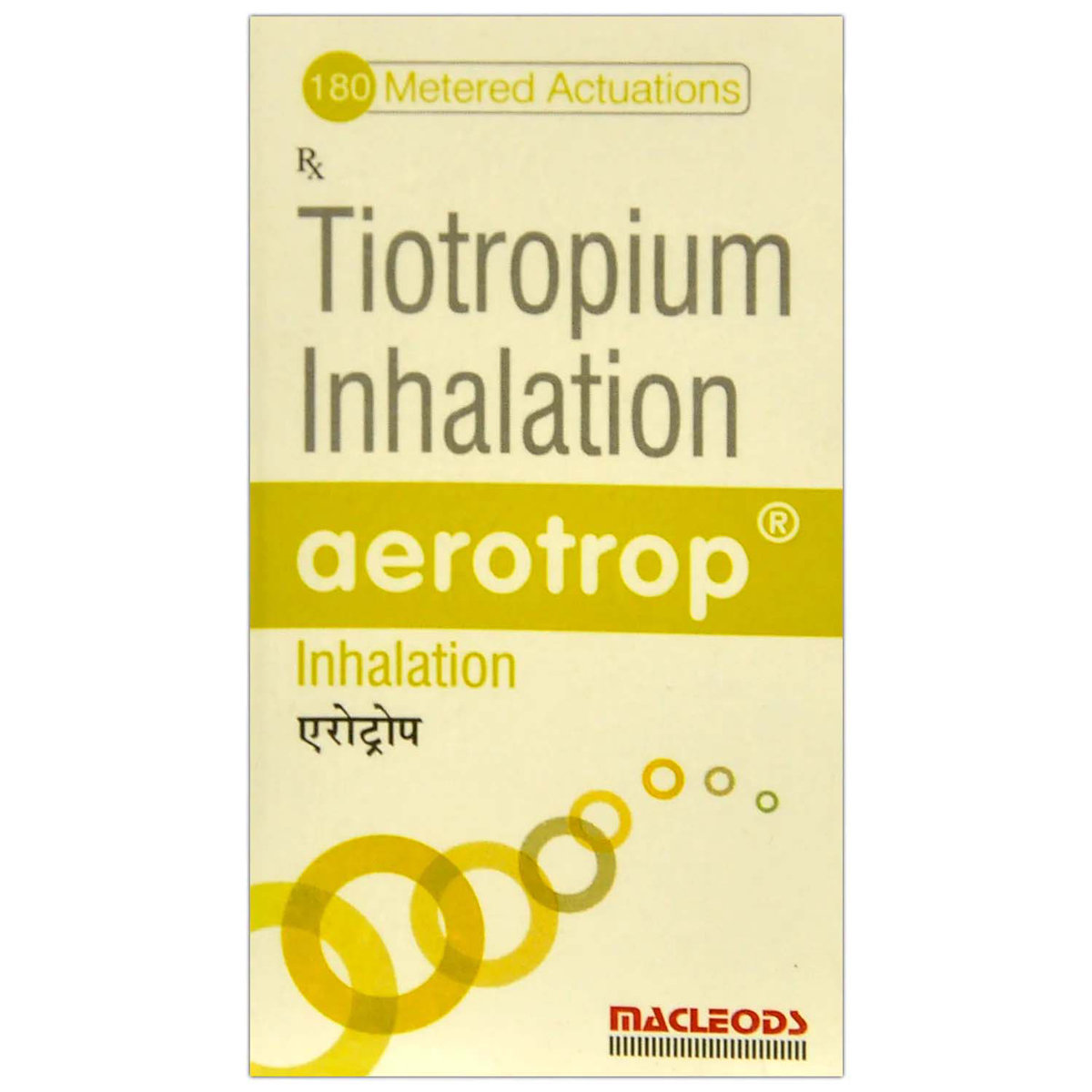
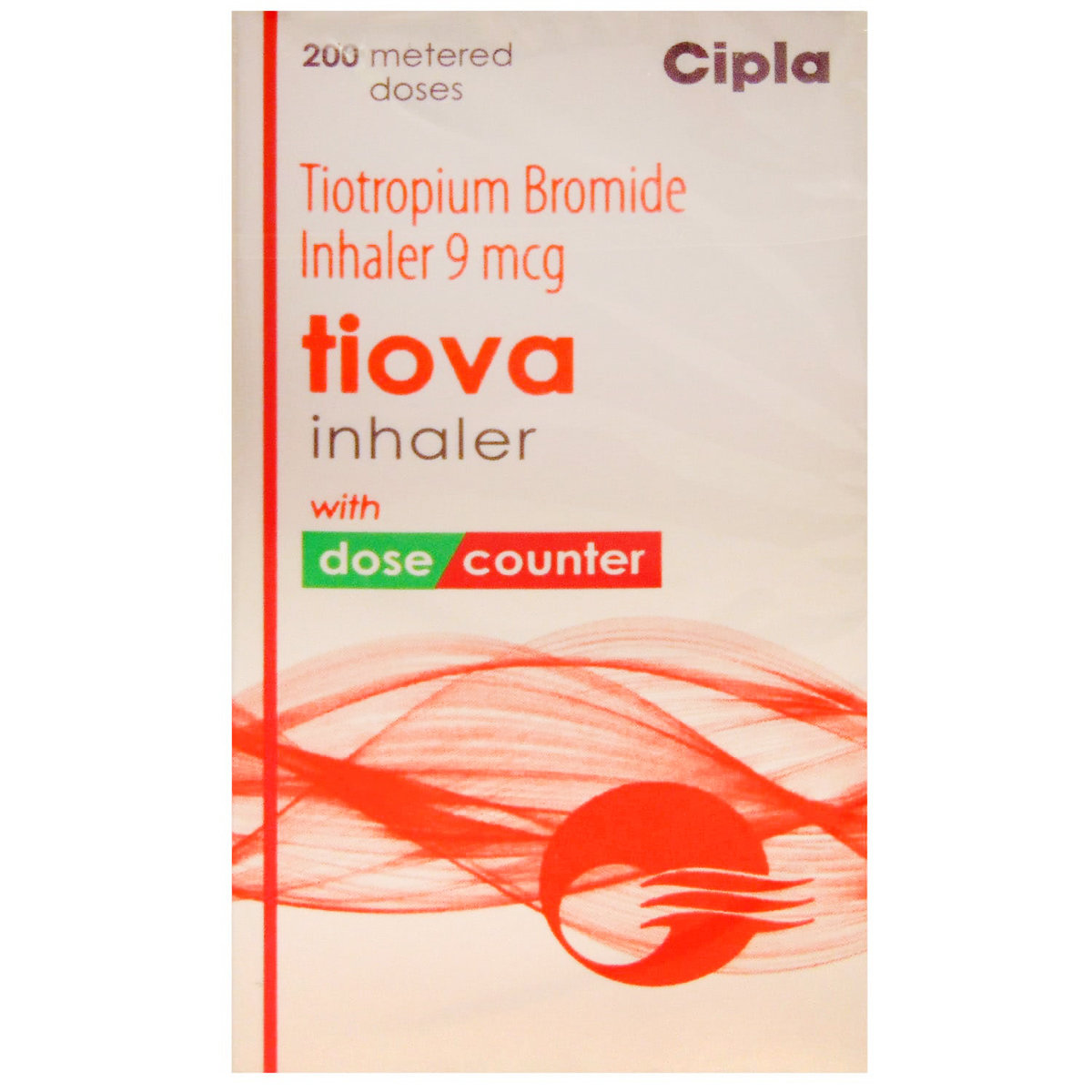
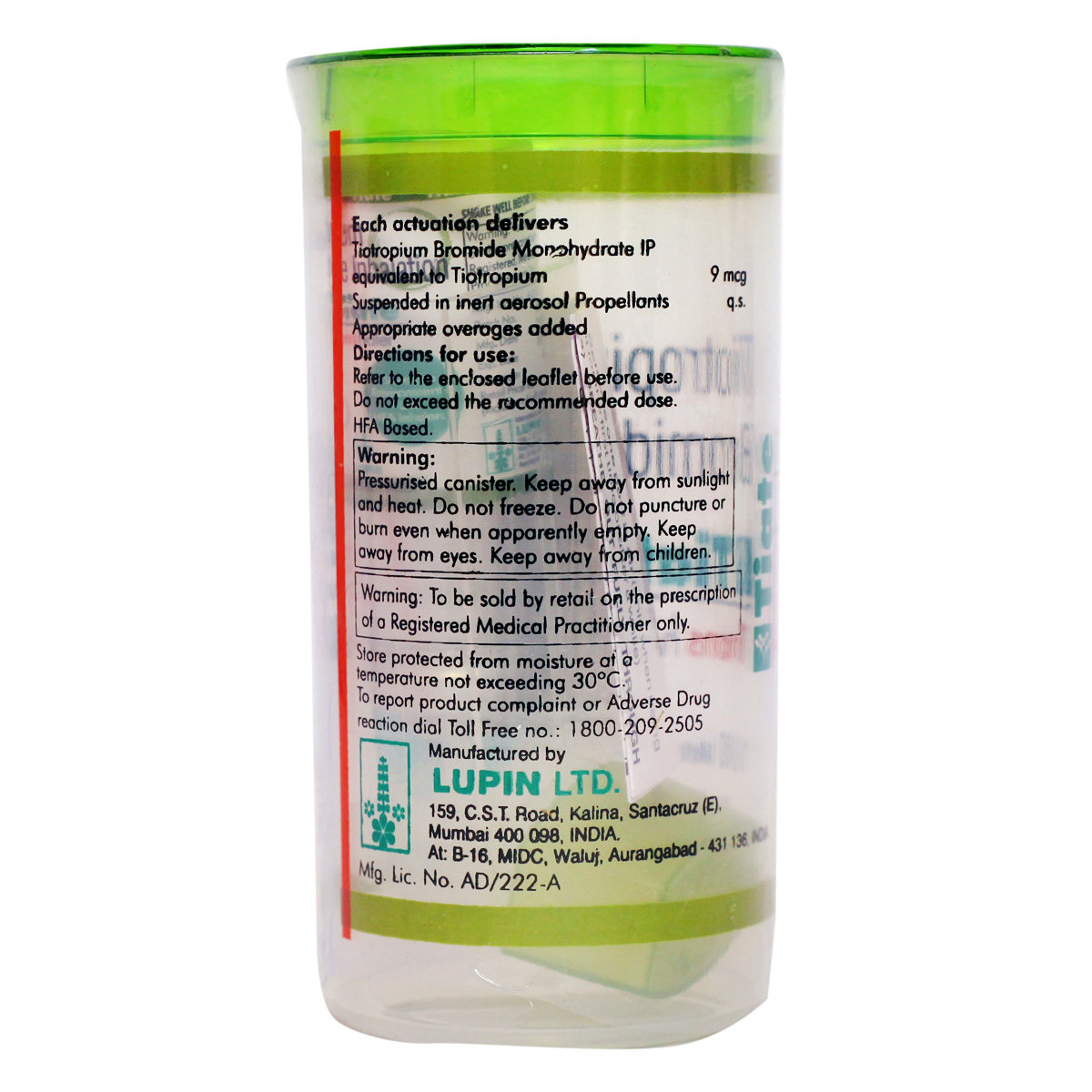
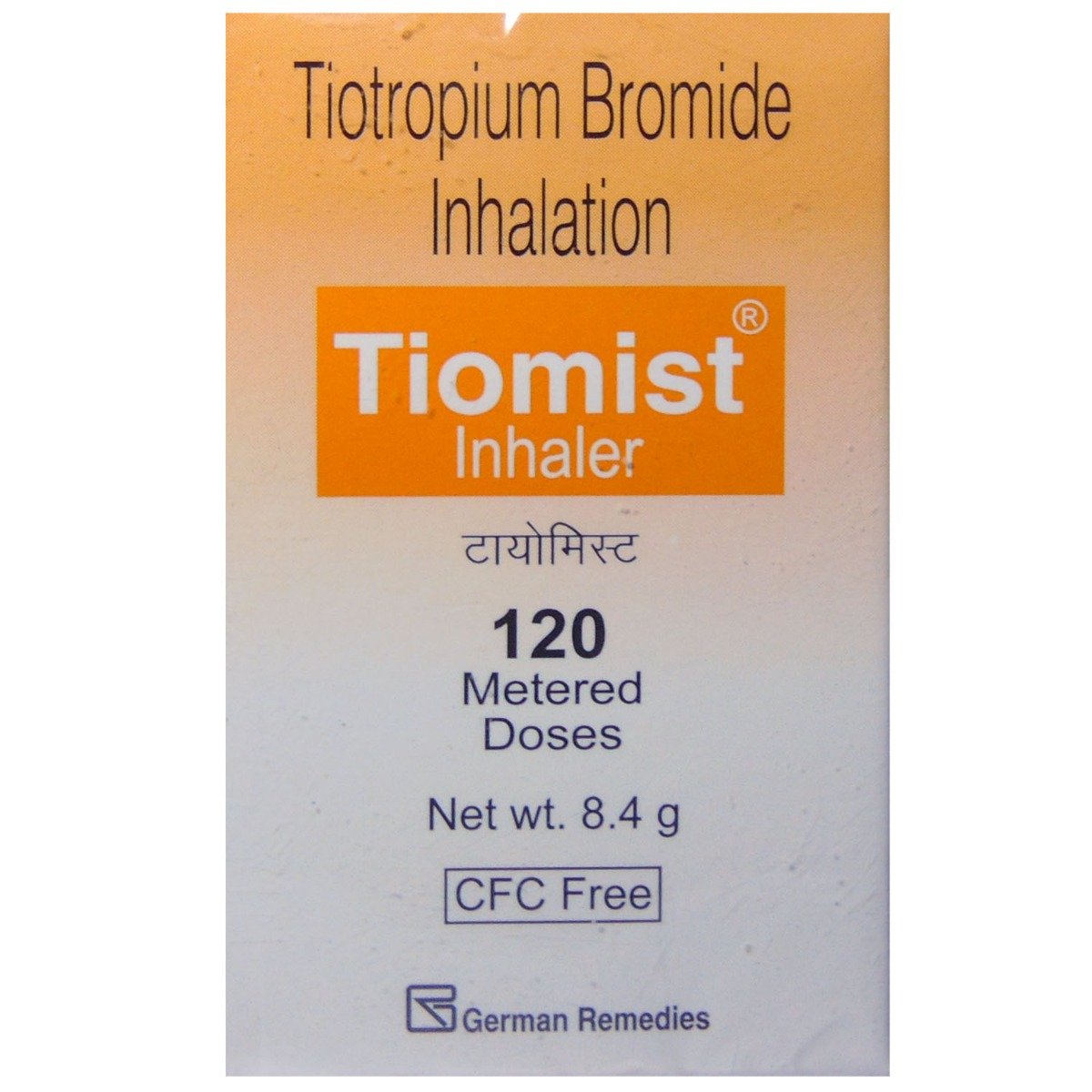
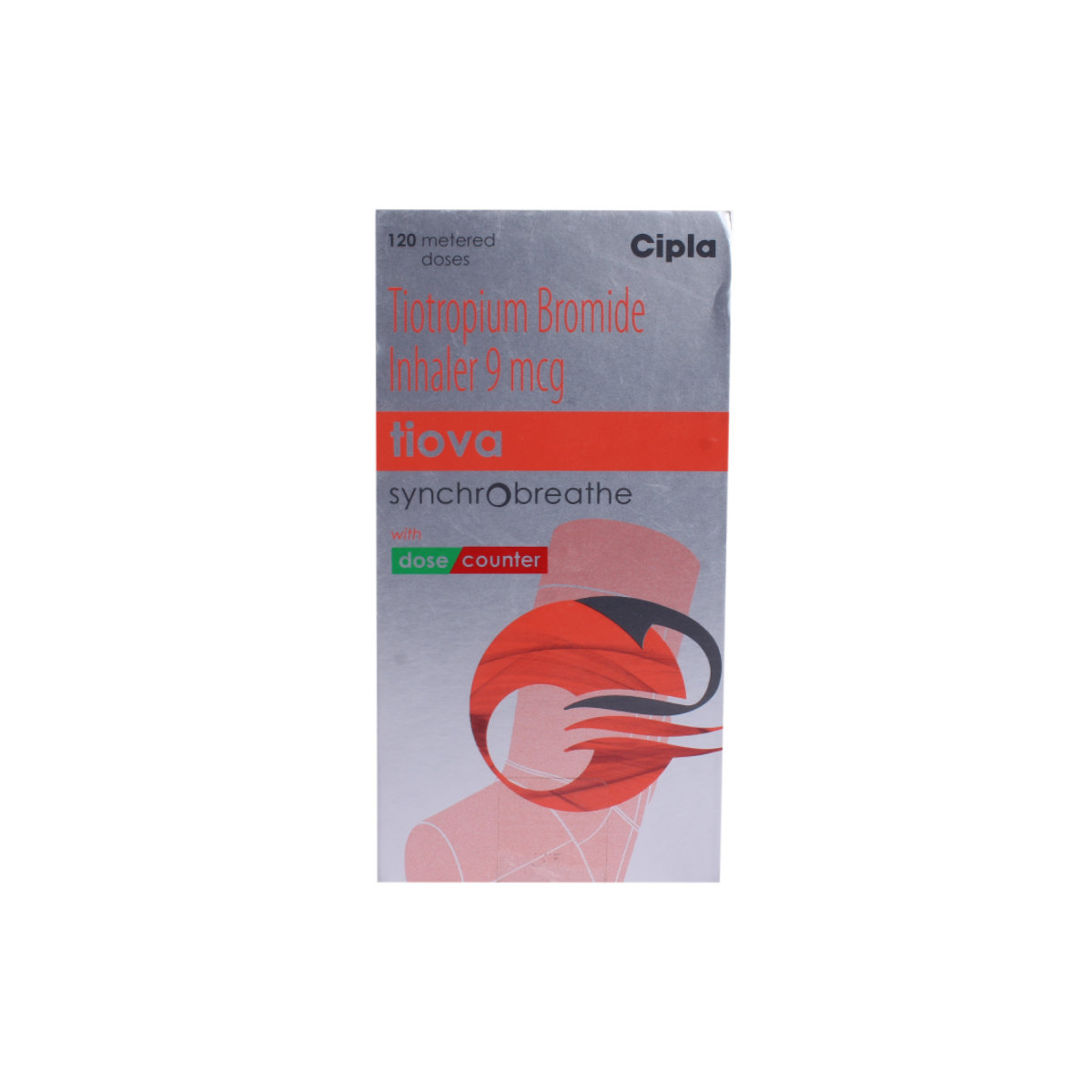

_0.jpg?tr=q-85)

